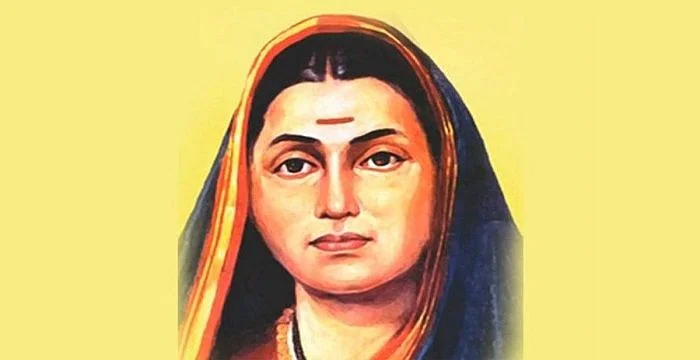The word ‘feminism’ (as féminisme) was coined for the first time in 1831 by a French philosopher Charles Fourier. And 1831 was the year when the feminist icon Savitribai Phule was born.
Today marks the birth anniversary of Savitribai Phule – a social reformer – who is remembered for her exceptional contribution to women rights and empowerment, especially for women belonging to the Dalit community.
Background
Belonging to the Mali community, Savitribai was born in 1831 in Pune, Maharashtra. She was married off to Jotirao Phule when she was nine. She was illiterate at the time, but her husband taught her to read and write at their home.
Together, the pair extended their work to fields ranging from eradication of untouchability to women’s emancipation. They were the pioneers of education for women and Dalits in India.
Contribution to women education
At a time when girls were not even allowed to attend schools, Savitribai became the first Indian woman to become a teacher and broke the shackles of patriarchy. Savitribai, along with her husband Jyotirao Phule, founded one of India’s first girls’ schools at Bhide Wada, Pune in 1848.
By the end of 1851, she had established three schools for girls along with her husband.
Sati tradition and widow remarriage
Savitribai was against child marriage and strongly opposed the Sati tradition. She also set up a shelter home for widows and used her voice to raise awareness about widow remarriage. Despite facing strong opposition from the local community, Savitribai continued to teach girls from different castes.
She took her last breath on March 10, 1897 after contracting a disease while trying to save a 10-year-old boy.












